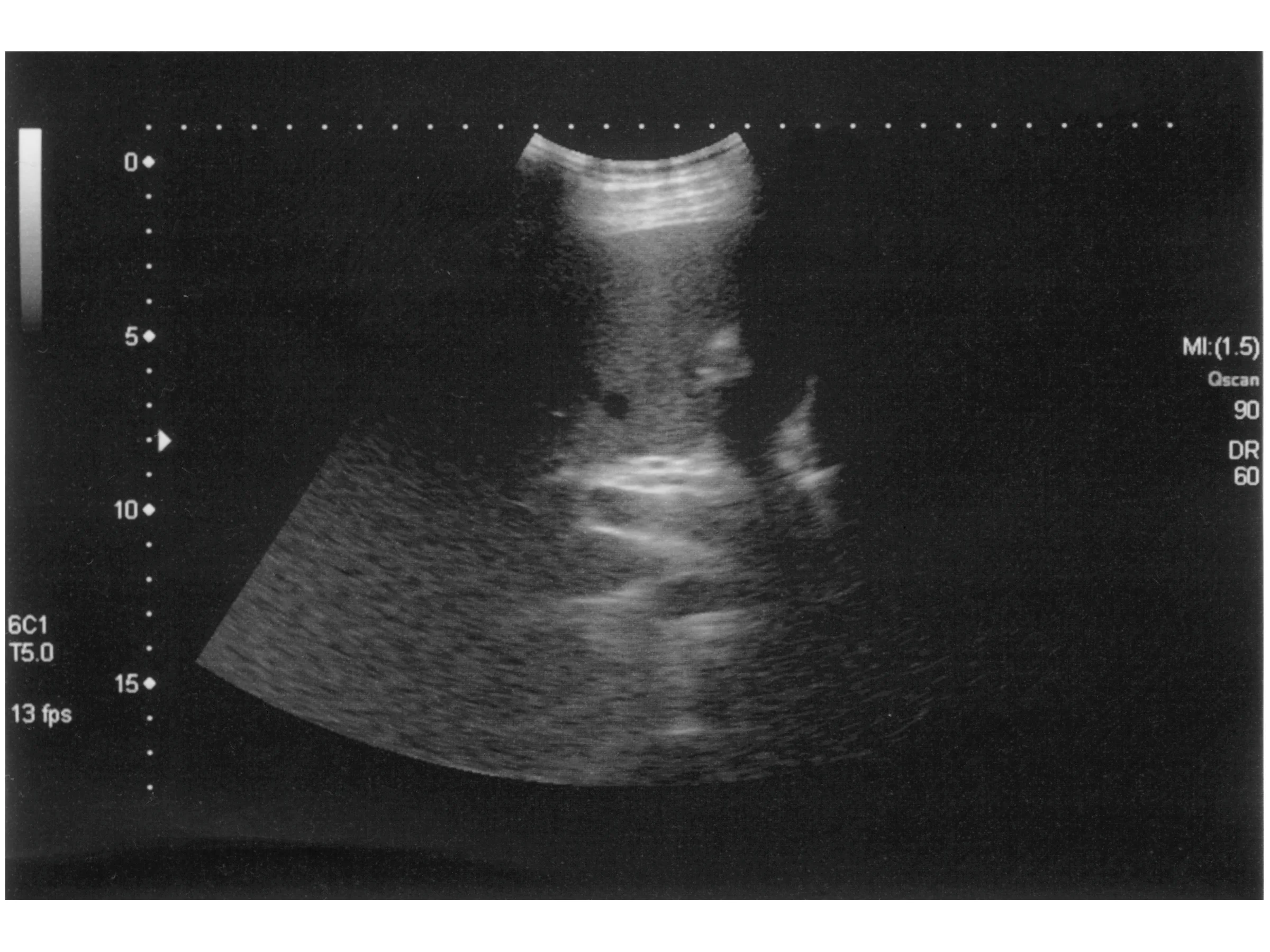You have soaked in it for years and probably never knew why – except that it felt good. Epsom salt, also known as bath salt, or magnesium sulfate if you're a chemist, has been easing aches and pains since it was first discovered in the 17th century. Back then, it put the healing springs of the town in Surrey, England, for which it is named on the map. Later that century, an Epsom chemist acquired a royal patent to recreate the town's local miracle in a lab, and the over-the-counter bath salts industry was born.
The spa enthusiasts who made pilgrimages to Surrey soaked in the springs to cure a whole medical encyclopedia full of ailments on which Epsom salt has zero effect. Today, we have a better handle on what bath salts can and cannot do.
Much of the magic in the magnesium. Most people do not get enough of this vital mineral in their diets, and one study from the University of Birmingham showed how blood magnesium levels rise after soaking in an Epsom salt bath. Since low magnesium levels impinge upon the quality of your sleep, some reports point to the Birmingham study as the science behind why we often sleep better after soaking in an Epsom salt bath. Another study examined how magnesium may help your body produce the sleep-inducing hormone melatonin.
Athletes and weekend warriors both have long taken to drawing up Epsom baths to ease muscle soreness and cramping. Magnesium again is the focal point: your body draws heavily upon the mineral to facilitate its management of glucose and lactic acid. For this reason, many athletes suffer from a marked magnesium deficiency and their doctors recommend supplementation. It's worth noting, however, that as good as an Epsom salt bath feels to your aching bones, the jury is still out as to whether soaking in one allows you to absorb enough magnesium to really make a difference.
There are many who take Epsom salt orally – in fact, the FDA lists it as a laxative. It works because because the magnesium draws water into the colon, which promotes bowel movements. However, there are a number of caveats. It is effective against constipation, but many might find it too effective, resulting in severe diarrhea. It can also cause bloating and an upset stomach. If you do choose to use Epsom salt as a laxative, be sure to drink plenty of water along with it. Overdo it, and you are opening yourself up to a magnesium overdose which can result in heart problems, coma, paralysis and even death.
























































































